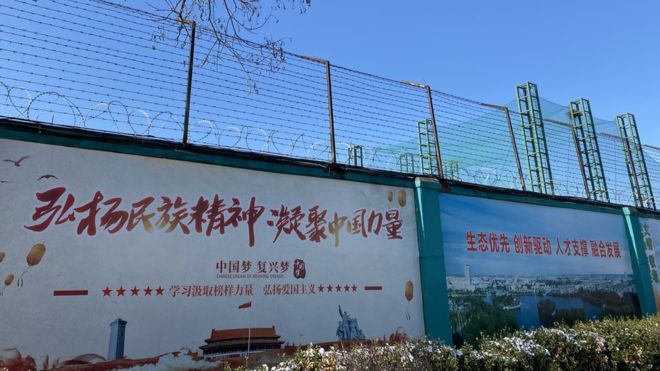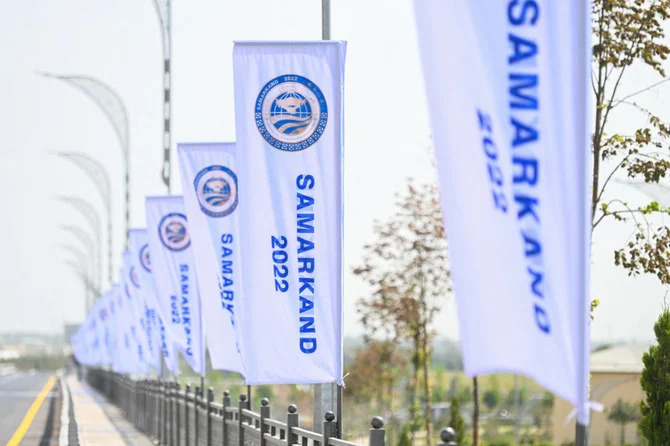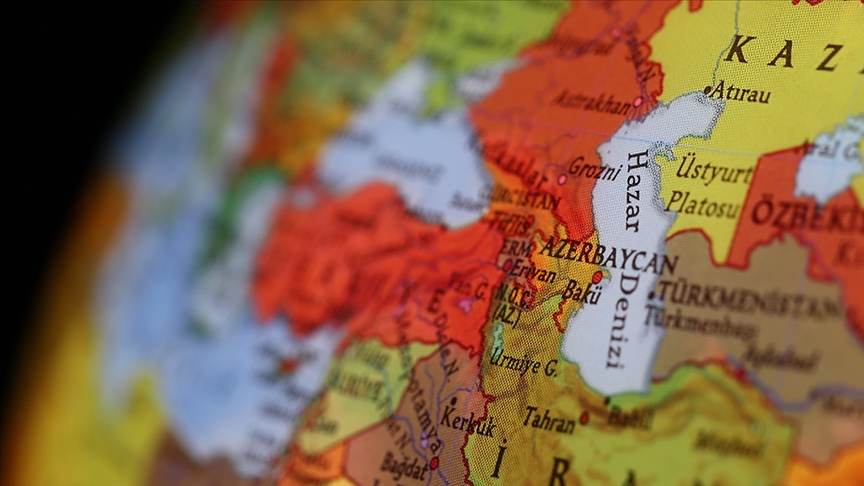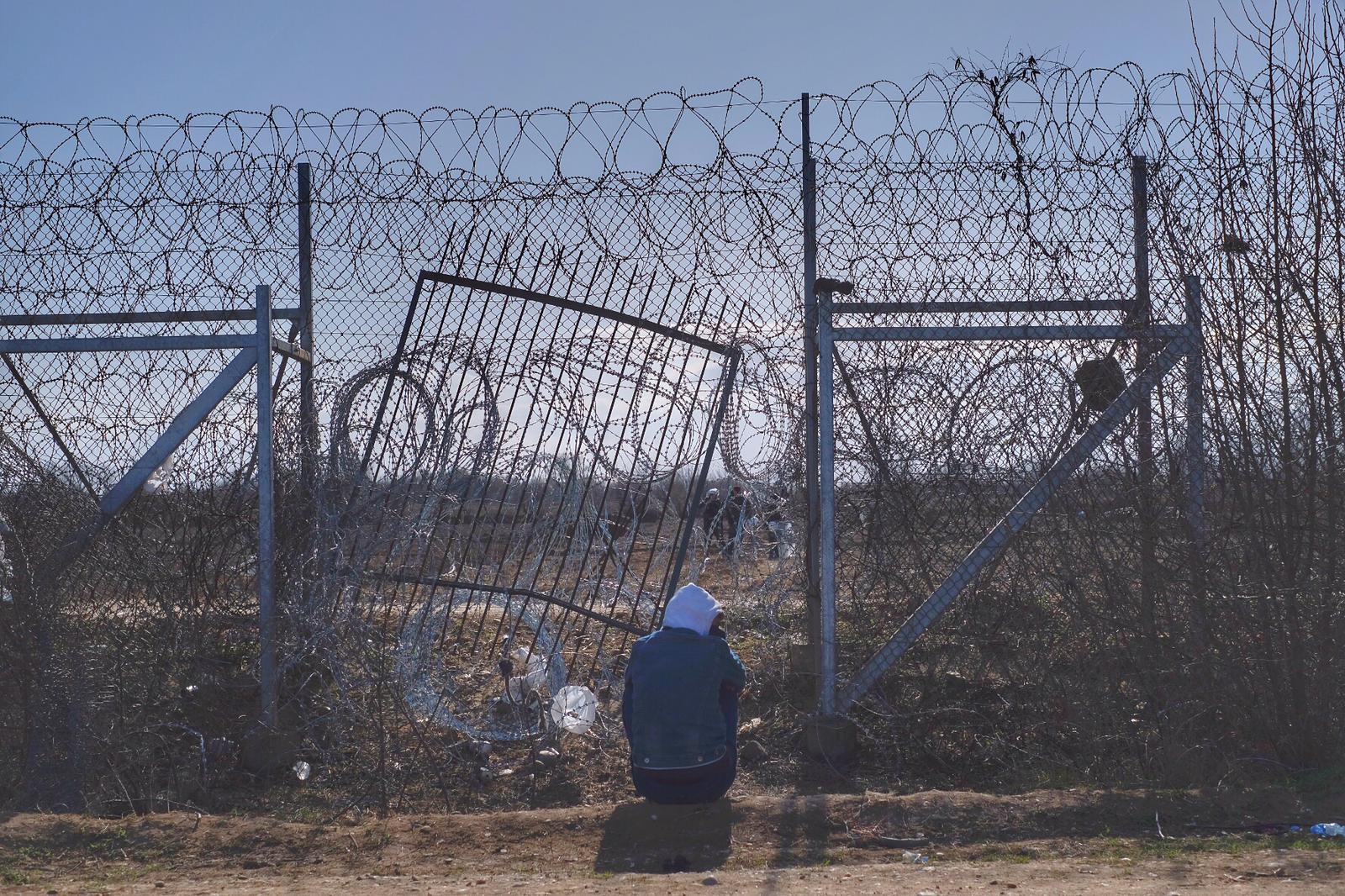
The report[1] prepared by the think-tank Australian Strategic Policy Institute (ASPI) claims that Uyghurs and other minorities in the Xinjiang Uyghur Autonomous Region are being subjected to forced labour. As presented by the report, the factories in which more than 80,000 people have been forced to work between 2017-2019 are in the supply chain of firms producing well-known brands, including ones that are Western.
It had been reported for some time now that the Uyghurs and other minorities in China were being forced to work in “re-education camps” and that the products produced in these camps were exported.[2] This report of ASPI reveals the supply chain of forced labour in technology, textile, consumer goods, automotive and other sectors. According to the report, cases of forced labour take place within the scope of the abuse of the state-sponsored “labour transfer program” or during and after the “education” of minorities in the “re- education” camps.
The examples presented in the report fall into International Labour Organization’s definition of forced or compulsory labour. In these examples, it is stated that individuals are subjected to intimidation and threats such as the threat of arbitrary detention. According to the report; there is military-style management in the factories, workers are monitored by security personnel and digital surveillance tools, factory buildings are fenced, freedom of movement is restricted, and compulsory Mandarin lessons and political indoctrination sessions take place after-work hours.
The Chinese state media claim that participation in the state-sponsored labour transfer program is voluntary and that the program is aimed at combating surplus labour and poverty. Workers are being transferred from the Xinjiang Uygur Autonomous Region to the developed eastern regions of China, and officials state that the program also aims to promote inter-ethnic fusion. The report states that not all transfers are confirmed to be forced, but that Uyghurs' refusal of these transfers is "extremely difficult" with the threat of "arbitrary arrest", and some cases show signs of "highly disturbing coercive labour practices". According to interviews with the victims, workers are paid well below the minimum wage. The transfers of Uyghur workers are carried out by special reserved trains. Workers work under the intensive surveillance of factory managers and officials.
The report shows that the officials and private brokers are paid cash inducement for each worker transferred for labour assignments. The following is a labour-hire advertisement of a private broker:
“The advantages of using Xinjiang labour are: semi-military style management; can withstand hardship; no loss of personnel…Minimum order 100 workers! Factories can apply for current Xinjiang police to be stationed 24-hours a day… in the factory…”
Vicky Xiuzhong Xu, the main author of the report states; “The goal of these labor transfers are political,” and “[they are] primarily aimed at stripping [Uyghurs] of their unique culture and identity.” It is also stated in the report that workers are obliged to attend Mandarin classes and political indoctrination sessions after working hours.
The most striking example of forced labour is that minorities are forced to work as part of their “re- education”. Since 2017, more than 1 million Uyghurs and other minorities in the Xinjiang Uyghur Autonomous Region have been detained in re-education camps without trial. Authorities initially stated that this practice was aimed at teaching languages and vocational courses , but they later claimed that it was aimed to combat religious extremism. Minorities in Tibet and Falun Gong followers have also been detained in the scope of re-education. Officials assert that travelling to the countries like Turkey and Kazakhstan -where the majority of population is Muslim- or installing Whatsapp application in their phones as reasons that could lead Uyghur and other Muslim minorities to extremism. According to them this proves the necessity of “re-education” of minorities in order to ensure their loyalty to the Communist Party of China. As discussed in the report, detainees who "graduate" from "re-education" camps are sent to work in factories in different parts of China.
The companies that are judged to benefit directly or indirectly from the forced employment of Uyghur workers are as follows:
Abercrombie & Fitch, Acer, Adidas, Alstom, Amazon, Apple, ASUS, BAIC Motor, BMW, Bombardier, Bosch, BYD, Calvin Klein, Candy, Carter’s, Cerruti 1881, Changan Automobile, Cisco, CRRC, Dell, Electrolux, Fila, Founder Group, GAC Group (automobiles), Gap, Geely Auto, General Electric, General Motors, Google, H&M, Haier, Hart Schaffner Marx, Hisense, Hitachi, HP, HTC, Huawei, iFlyTek, Jack & Jones, Jaguar, Japan Display Inc., L.L.Bean, Lacoste, Land Rover, Lenovo, LG, Li-Ning, Mayor, Meizu, Mercedes-Benz, MG, Microsoft, Mitsubishi, Mitsumi, Nike, Nintendo, Nokia, The North Face, Oculus, Oppo, Panasonic, Polo Ralph Lauren, Puma, Roewe, SAIC Motor, Samsung, SGMW, Sharp, Siemens, Skechers, Sony, TDK, Tommy Hilfiger, Toshiba, Tsinghua Tongfang, Uniqlo, Victoria’s Secret, Vivo, Volkswagen, Xiaomi, Zara, Zegna, ZTE.
Lastly, the report calls upon the Chinese government, foreign governments, consumers and non-governmental organizations to carry out robust and independent supervision of social and human rights practices in the work places of the above-listed companies throughout China.
Photo: WashingtonPost.com
[1] Vicky Xiuzhong Xu, Danielle Cave, Dr James Leibold, Kelsey Munro, Nathan Ruser , “Uyghurs for sale ‘Re-education’, forced labour and surveillance beyond Xinjiang”, Australian Strategic Policy Institute, March 1, 2020, https://www.aspi.org.au/report/uyghurs-sale
[2] Emily Feng, “Forced Labour Being Used in China’s ‘Re-Education’ Camps”, Financial Times, December 16, 2018, https://www.ft.com/content/eb2239aa-fc4f-11e8-aebf-99e208d3e521 ; Chirs Buckley, Austin Ramzy “China’s Detention Camps for Muslims Turn to Forced Labor”, The New York Times, December 16, 2018, https://www.nytimes.com/2018/12/16/world/asia/xinjiang-china-forced-labor-camps-uighurs.html
© 2009-2025 Center for Eurasian Studies (AVİM) All Rights Reserved
No comments yet.
-
 THE BRICS SUMMIT 2023
THE BRICS SUMMIT 2023
Gülperi GÜNGÖR 25.09.2023 -
 ISSUES OF INTEREST BEFORE THE SHANGHAI COOPERATION ORGANIZATION SUMMIT IN SAMARKAND
ISSUES OF INTEREST BEFORE THE SHANGHAI COOPERATION ORGANIZATION SUMMIT IN SAMARKAND
Gülperi GÜNGÖR 16.09.2022 -
 ARMENIA: THE COUNTRY THAT ISOLATES ITSELF IN THE CAUCASUS
ARMENIA: THE COUNTRY THAT ISOLATES ITSELF IN THE CAUCASUS
Gülperi GÜNGÖR 23.03.2023 -
 THE EUROPEAN UNION'S SHAMEFUL CAMPS CONTINUE TO EXIST DESPITE THE FIRE DISASTER
THE EUROPEAN UNION'S SHAMEFUL CAMPS CONTINUE TO EXIST DESPITE THE FIRE DISASTER
Gülperi GÜNGÖR 30.09.2020 -
 TALIBAN’S ADVANCEMENT AFTER THE WITHDRAWAL OF FOREIGN TROOPS FROM AFGHANISTAN
TALIBAN’S ADVANCEMENT AFTER THE WITHDRAWAL OF FOREIGN TROOPS FROM AFGHANISTAN
Gülperi GÜNGÖR 30.07.2021
-
 SASSOUNIAN’S OBSCURE RATIONALIZATION OF HATRED AND VIOLENCE
SASSOUNIAN’S OBSCURE RATIONALIZATION OF HATRED AND VIOLENCE
Aslan Yavuz ŞİR 12.11.2015 -
CASPIAN SEA NATURAL GAS PIPELINE ITENARY DECIDED
Alev KILIÇ 30.06.2013 -
 BLACK SEA ATTACKS ON MERCHANT VESSELS: TÜRKIYE’S EEZ, THE MONTREUX REGIME, AND THE RISK OF WAR SPILLOVER
BLACK SEA ATTACKS ON MERCHANT VESSELS: TÜRKIYE’S EEZ, THE MONTREUX REGIME, AND THE RISK OF WAR SPILLOVER
Teoman Ertuğrul TULUN 03.12.2025 -
 THE PROBLEM OF BIASED INTERNATIONAL NEWS AGENCIES
THE PROBLEM OF BIASED INTERNATIONAL NEWS AGENCIES
Hazel ÇAĞAN ELBİR 17.03.2017 -
 THE NEW PRESIDENT OF THE EUROPEAN PARLIAMENT AND EUROPE'S FREEDOM VALUES
THE NEW PRESIDENT OF THE EUROPEAN PARLIAMENT AND EUROPE'S FREEDOM VALUES
Hazel ÇAĞAN ELBİR 11.02.2022
-
25.01.2016
THE ARMENIAN QUESTION - BASIC KNOWLEDGE AND DOCUMENTATION -
12.06.2024
THE TRUTH WILL OUT -
27.03.2023
RADİKAL ERMENİ UNSURLARCA GERÇEKLEŞTİRİLEN MEZALİMLER VE VANDALİZM -
17.03.2023
PATRIOTISM PERVERTED -
23.02.2023
MEN ARE LIKE THAT -
03.02.2023
BAKÜ-TİFLİS-CEYHAN BORU HATTININ YAŞANAN TARİHİ -
16.12.2022
INTERNATIONAL SCHOLARS ON THE EVENTS OF 1915 -
07.12.2022
FAKE PHOTOS AND THE ARMENIAN PROPAGANDA -
07.12.2022
ERMENİ PROPAGANDASI VE SAHTE RESİMLER -
01.01.2022
A Letter From Japan - Strategically Mum: The Silence of the Armenians -
01.01.2022
Japonya'dan Bir Mektup - Stratejik Suskunluk: Ermenilerin Sessizliği -
03.06.2020
Anastas Mikoyan: Confessions of an Armenian Bolshevik -
08.04.2020
Sovyet Sonrası Ukrayna’da Devlet, Toplum ve Siyaset - Değişen Dinamikler, Dönüşen Kimlikler -
12.06.2018
Ermeni Sorunuyla İlgili İngiliz Belgeleri (1912-1923) - British Documents on Armenian Question (1912-1923) -
02.12.2016
Turkish-Russian Academics: A Historical Study on the Caucasus -
01.07.2016
Gürcistan'daki Müslüman Topluluklar: Azınlık Hakları, Kimlik, Siyaset -
10.03.2016
Armenian Diaspora: Diaspora, State and the Imagination of the Republic of Armenia -
24.01.2016
ERMENİ SORUNU - TEMEL BİLGİ VE BELGELER (2. BASKI)
-
AVİM Conference Hall 24.01.2023
CONFERENCE TITLED “HUNGARY’S PERSPECTIVES ON THE TURKIC WORLD"









